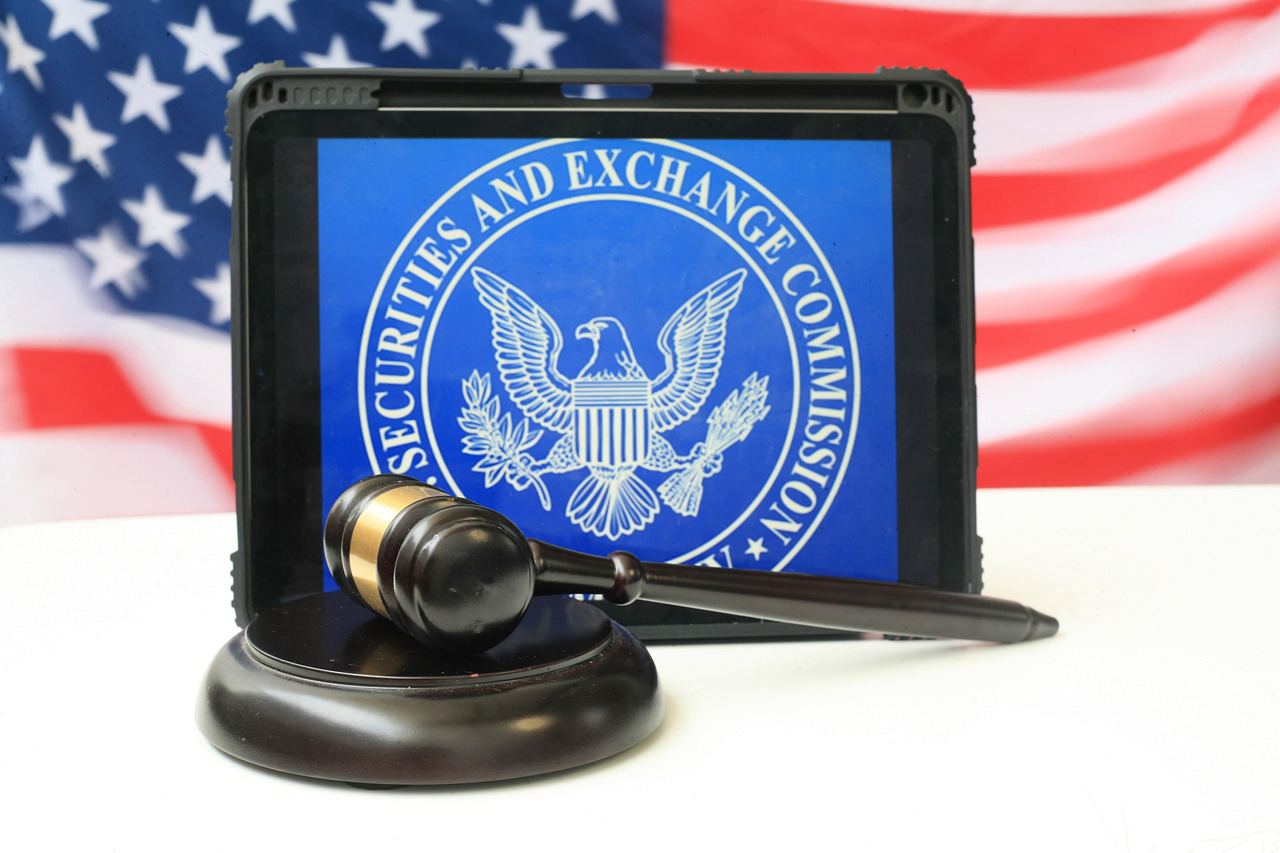SEC’s Crypto Task Force to Hold Key Meeting with Industry Leaders
08.04.2025 14:00 2 min. read Alexander Stefanov
After the departure of Gary Gensler from his role as SEC Chairman, the regulatory agency has taken a noticeably more lenient approach toward the cryptocurrency sector.
Gensler, known for his critical stance on digital assets, left behind a legacy of strict oversight, but his resignation marked the beginning of a more open-minded phase for the SEC.
In a significant development, the agency decided to drop its lawsuits against several crypto firms, including Ripple and Coinbase. To further shape its evolving approach, the SEC established a dedicated Crypto Task Force aimed at creating comprehensive regulations for the digital asset space.
The newly formed task force is set to hold a pivotal meeting on April 11, bringing together key figures from the crypto and financial industries. The agenda includes discussions on how to better regulate crypto trading, and the event is titled “Between Obstacle and Hardship: Adapting Regulation for Crypto Trading.”
Among the notable attendees are Coinbase’s executive Gregory Tusar and Uniswap Labs’ Chief Legal Officer Katherine Minarik, who will participate as panelists. The list of participants also features other influential figures, such as Hester Peirce, the SEC member leading the task force, interim SEC Chairman Mark Uyeda, and Jon Herrick, Chief Product Officer of the New York Stock Exchange. Additionally, Austin Reid from FalconX, Richard Johnson from Texture Capital, and Christine Parlour from UC Berkeley are expected to take part.
This meeting marks the second gathering of the Crypto Task Force and follows a series of significant decisions earlier this year. Notably, the SEC previously filed lawsuits against Coinbase and Cumberland, alleging securities law violations during the Biden administration. However, these cases were dropped after Donald Trump assumed office.
Similarly, an investigation into Uniswap, which began in 2024, concluded in February without further action. As the SEC’s stance continues to evolve, the upcoming meeting could set a new direction for the regulation of crypto trading in the United States.
-
1
Binance Lawsuit Dropped as SEC Withdraws Case
30.05.2025 12:00 1 min. read -
2
South Korea Elects Pro-Crypto Leadership, Paving Way for Digital Asset Reforms
04.06.2025 22:00 2 min. read -
3
Top Nvidia Leaders Set to Cash Out as Stock Surges
31.05.2025 12:00 2 min. read -
4
Pump.fun Reportedly Planning Massive Token Sale Despite Revenue Drop
04.06.2025 20:00 2 min. read -
5
Brad Garlinghouse Rejects Rumors of Ripple-Circle Acquisition Deal
04.06.2025 19:00 1 min. read
OKX and MetaMask Join Forces to Boost Decentralized Trading Efficiency
OKX has teamed up with Ethereum development firm Consensys to integrate its decentralized exchange (DEX) aggregator into MetaMask, giving users access to faster, more efficient token swaps across over 500 DEXs on 25 blockchains.
Big Funds Sell $51B in May, But Buybacks Cushion U.S. Stock Market
Large institutions accelerated their retreat from equities last month, unloading roughly $50.8 billion in U.S. shares, according to S&P Global.
Bitcoin Miner Bitdeer Boosts War Chest With New Convertible Notes Deal
Bitdeer Technologies, a Bitcoin mining firm based in Singapore, is gearing up to raise $330 million through a fresh offering of senior convertible notes maturing in 2031.
BlackRock’s BUIDL Fund Becomes Margin Collateral on Deribit and Crypto.com
Institutional traders on Deribit and Crypto.com can now post BlackRock’s tokenized U.S. Treasury fund, BUIDL, as margin—an industry first for a low-volatility, yield-bearing digital security.
-
1
Binance Lawsuit Dropped as SEC Withdraws Case
30.05.2025 12:00 1 min. read -
2
South Korea Elects Pro-Crypto Leadership, Paving Way for Digital Asset Reforms
04.06.2025 22:00 2 min. read -
3
Top Nvidia Leaders Set to Cash Out as Stock Surges
31.05.2025 12:00 2 min. read -
4
Pump.fun Reportedly Planning Massive Token Sale Despite Revenue Drop
04.06.2025 20:00 2 min. read -
5
Brad Garlinghouse Rejects Rumors of Ripple-Circle Acquisition Deal
04.06.2025 19:00 1 min. read


